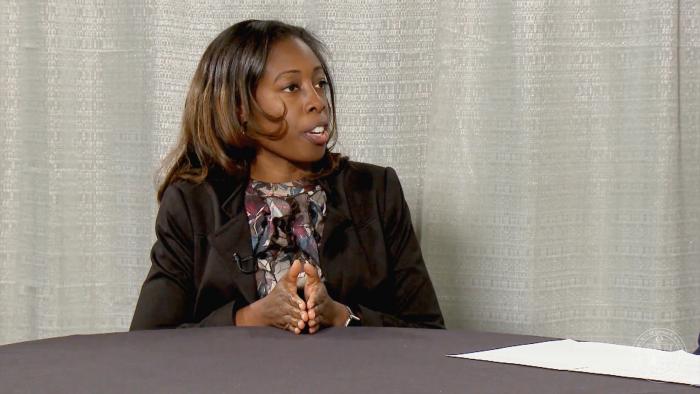Drs. Joe Bavaria, Tom Gleason, Richard Shemin, Vinod Thourani, and Michael Deeb discuss the value of The Society of Thoracic Surgeons/American College of Cardiology Transcatheter Valve Therapy Registry for quality improvement initiatives, outcomes research, and device surveillance.
